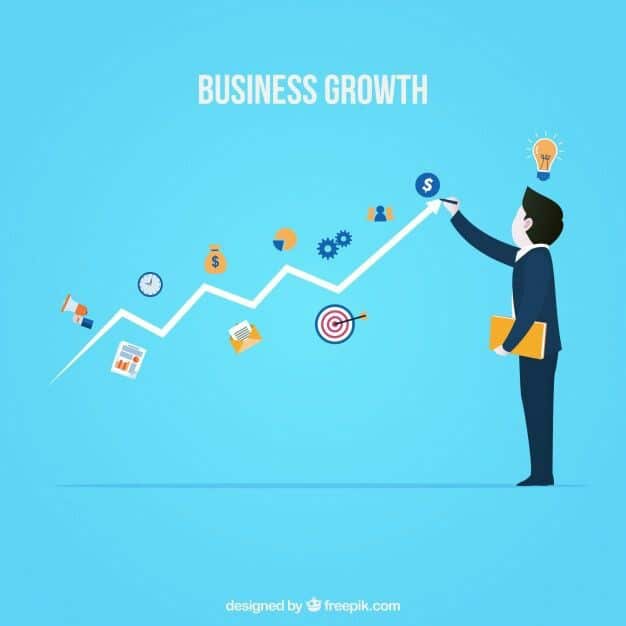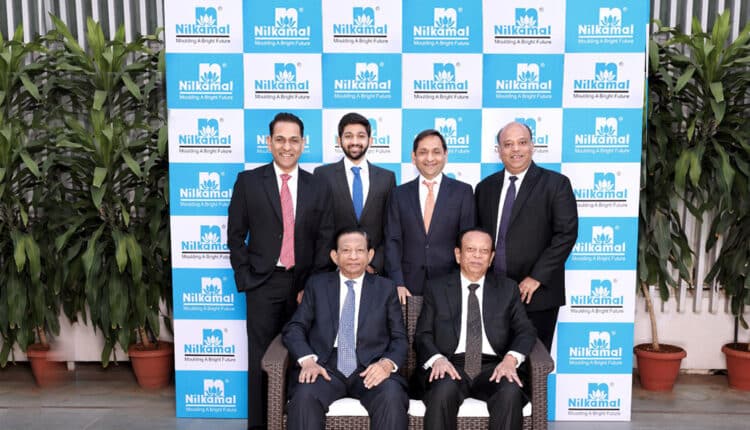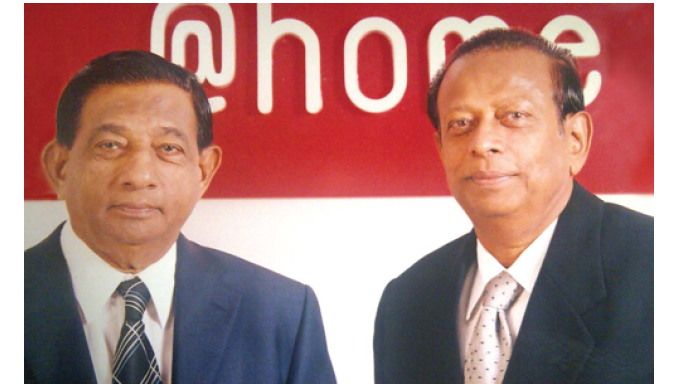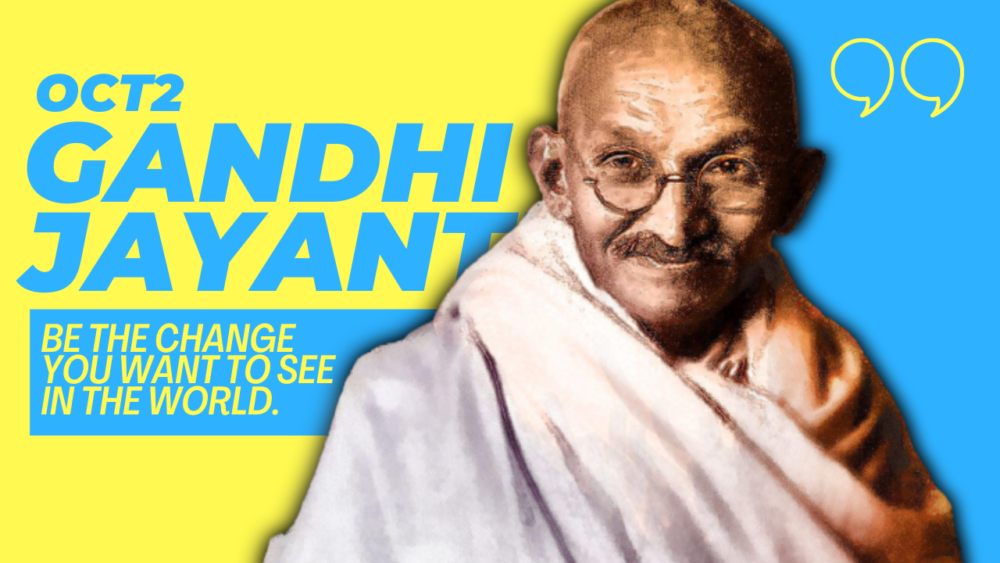The first thing that comes to our mind after hearing Gujarat or Gujarati is Business, calling it a land of Business won’t be wrong, a well-known trade hub and a centre for commerce and business. The dry state of Gujarat has nothing to offer to farmers except failing monsoons and acres of dry land. Ultimately, their only chance of survival is to get into the business. This is a story of continuous growth and innovation and taking risks at a time when nobody else has the courage to bring something new in the market. Here is the journey of two brothers and their family which kept on introducing path-breaking products in the evolving Indian market and built a Rs 1,700 crore empire.
Decades ago, Brijlal brothers owned a small scale business in their village in Gujarat where they made metal buttons. These buttons were in high demand in the fashion industry and hence their business was going a smooth way but when one of their business partners parted ways, things started to collapse, and a break came in their life but they didn’t miss a chance to turn it into only a breaker coming on their way, they started searching for good business opportunities. They came to Mumbai in 1934 and bought a small machine to make plastic buttons. The cost of production was low than the selling cost but the main hurdle for them was marketing a new product as people were used to metal buttons, it was difficult for them to make people accept these new plastic buttons as it was a huge risk as nobody had heard of plastic buttons in those days and the brothers had put all their resources to buy the machinery. But as an entrepreneur is a synonym of ‘risk bearer’, these brothers proved that they were real entrepreneurs.
The first rule of running a business is associated with risk. Higher the risk, higher the chances of return. But people fear this risk factor as it may also lead to a downfall of a person.

As Newton’s first law states, ‘a body tends to remain in a uniform state, until and unless an external force acts upon it’. And here, in this case, body were the customers who were used to metal buttons and found it difficult for themselves to change their habit and move to lighter buttons but Brijilal brother’s persistence worked as an external force and made them change their mind. After evaluating the success of the plastic buttons, Brijlal brothers realized that there is huge business potential in the plastic goods sector. Keeping this in mind, they introduced plastic cups in the year 1950 in the Windsor Machine market. At that time, plastic cups were new in the market and people were surprised to see plastic cups or mugs. The popularity of these items shot up so much that it even got media attention and the news of plastic mugs made the newspaper headline. As a result, it became extremely popular among everyone. Till that time, Son of one of the brothers, Vaman Parekh, also joined the business. This success put the Parekh family on the highest pedestal of success very quickly. With the initial success, their enthusiasm grew more and more and by 1964, they decided to buy more machines to manufacture new plastic products. Their business from being labour intensive, soon became capital intensive, huge investments were made in purchasing big machines and with the advent of large machines, they started making products such as large water storage drums.

In 1981, the sons of Brijlal brothers Vaman and Sharad Parekh took over the command of the company and laid the foundation of Nilkamal Plastics. Nilkamal manufactured a variety of commodities made of plastics such as baskets, pipes, glasses and so on. They then decided to step in a new area of content management to build their identity ( the boxes which are used to carry raw materials or products made in the factories).After entering this sector they entered the retail sector in the year 2005 and started a new series of plastic furniture. Just like plastic buttons were new in the market, plastic furniture didn’t fail to amaze people and grab their attention. At that time when the market for finished wooden and metal furniture was almost saturated. It was a courageous step and yet again they proved to be a risk bearer (courageous). But hard work pays and its result are visible to us

Today Nilkamal products have reached every corner of the country and Nilkamal outlets are present in almost all the major cities in India. Today the annual turnover of the company is over Rs 1,700 crore. This famous brand is built on the hard work of father and son as well as on their ability to take the right decision at the right moment. Starting up a business may just be the easiest part but what takes more effort is keeping it afloat.
Also Checkout: PT Usha, Queen of Indian Track and Field















